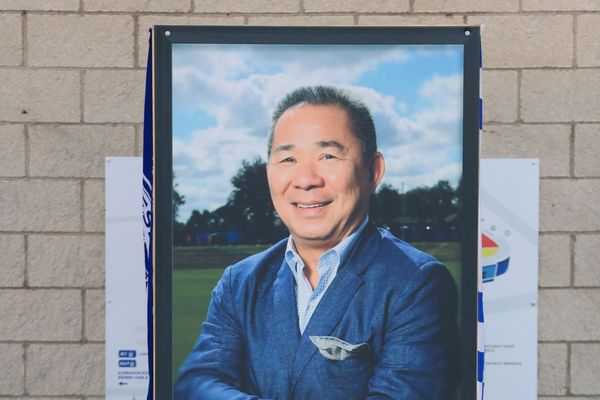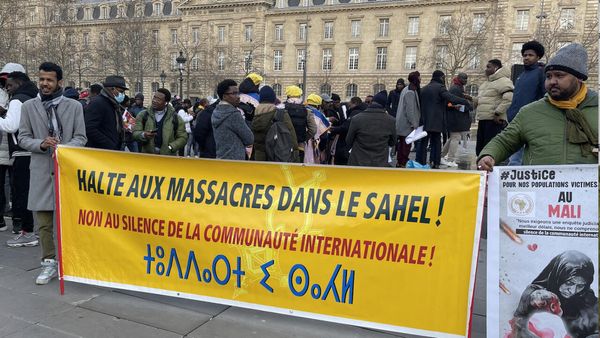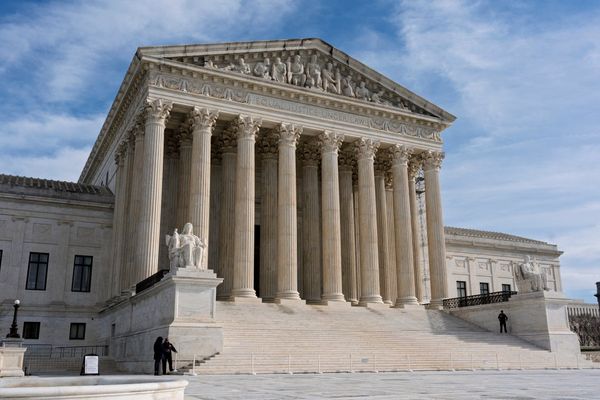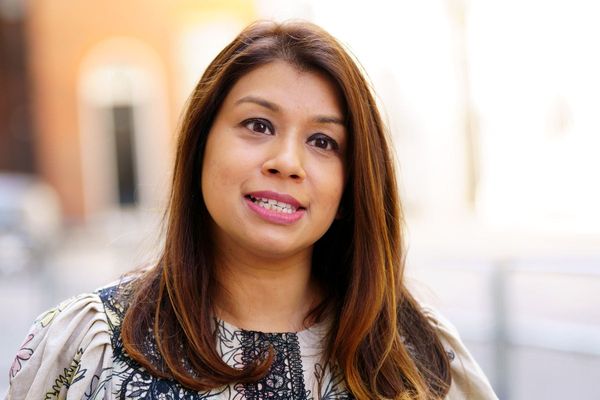
By Brian Hioe
Alleged pro-Beijing triad members dressed in white attacked passersby and journalists last night at the Yuen Long train station, a shocking incident for many. Meanwhile, the Hong Kong police turned a blind eye to their actions.
Attacks on Hong Kong protesters also occurred during the 2014 Umbrella Movement, with the identical masks worn by assailants signaling that these attacks were coordinated and planned. Based on their accents, some assailants were thought to be Chinese nationals from across the border. Some suspected that the Hong Kong government hired thugs as a way of outsourcing state violence to individuals that could plausibly pose as non-state actors.
The intense police violence toward protesters and journalists during anti-extradition rallies is indicative of how the Hong Kong police increasingly view the public as their enemies, rather than serving and protecting the public. Earlier last night, before the gangster attacks began, police themselves carried out a number of violent acts against protesters by firing tear gas and rubber bullets at the crowd.
At the same time, the police did not respond to emergency calls about the assaults at the Yuen Long station. Instead, the police in the area retreated to police stations and responded slowly to the attacks. Witness said the police took at least three hours to show up at the scene. Not only did they not arrest anyone, but they also dismissed the attacks as violence between triads.
Gangster Involvement Draws Parallels to the 2014 Sunflower Movement in Taiwan
Similar incidents have occurred in Taiwan several times in recent years. During the 2014 Sunflower Movement, “White Wolf” Chang An-lo (張安樂) — a former gangster who carried out political assassinations for the Kuomintang (KMT) during the martial law period — arrived at the Legislative Yuan occupation on April 1st with several hundreds of his followers, threatening to violently evict student occupiers.
However, apart from a few stray beatings of student protesters that ventured too close, Taipei police kept Chang and the students separate. The incident repeated itself the following year during the weeklong occupation of the Ministry of Education by student activists; Chang again threatened to evict the students with force. The Taipei riot police, however, drove Chang and other gangsters away.
This would be reflective of the differences between Taiwan and contemporary Hong Kong, where democratic freedoms are concerned.

Authoritarian Governments' Close Ties With Gangsters
In September 2017, White Wolf and his followers assaulted student protesters on the National Taiwan University campus during the Sing! China music festival. Police took little action at the time, and evidence showing ties between the police and the triads prompted lawmakers to call for treason charges against spies. Pro-unification groups like China Unification Promotion Party and China Concentric Patriotism Alliance have since formed in Taiwan. These groups have allegedly corroborated with the Taiwanese police force and paid people to attend rallies.
The cozy ties between police and triads can trace back to the remnants of the former KMT party-state still existing within government institutions like the police force and the military. During the martial law period, White Wolf and his gang members often carried out the dirty work for the KMT government.
KMT's practice of hiring gangsters dates back to when it was still the ruling party in China, which is similar to the use of "thugs-for-hire" in Hong Kong. Authoritarian states tend to delegate violent acts to triads as non-state actors so they can transcend the pretensions of the law.
The close relations between the police and the triads in Hong Kong, then, is simply another sign that the Hong Kong government acts increasingly like an authoritarian state.
Apart from escalated police violence, many have reported incidents where the Hong Kong police assaulted both citizens and journalists without caring for professional civility. Even retired policemen were found among the pro-Beijing mobs who attacked young protesters.
The State Enforcer of Violence: Police or Gangsters?
In the contexts of both Taiwan and Hong Kong, one should remember that it is the state which holds the right to legitimize violence in society. As Max Weber wrote in “Politics as Vocation,” the state is a “human community that (successfully) claims the monopoly of the legitimate use of violence within a given territory.”
Police, then, as the enforcer of the state, have the right to legitimize violence within a society. But pro-Beijing gangsters are, in this case, also acting as a state enforcer.
As the Hong Kong government is acting on behalf of Beijing, the deterioration of Hong Kong’s political freedoms can be seen as the Chinese government asserting its right to the legitimate use of violence within Hong Kong. The attempt to pass an extradition law, which could result in Hongkongers being deported to China without a fair trial, is only part of monopoly process.
Rather than outraged by the police inaction towards gangster violence, Hongkongers should brace for more severe forms of violence as Hong Kong's law enforcement is being outsourced to the more reckless actors.
The News Lens has been authorized to repost this article. The original post was published on New Bloom.
TNL Editor: Daphne K. Lee (@thenewslensintl)
If you've enjoyed this article and wish to receive more story updates, please be sure to like our Facebook page below.







